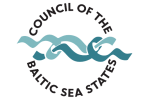On 6-7 February 2025, the meeting of the Economics, Energy and Innovation Committee of the Baltic Assembly was held in Tallinn, Estonia. The meeting addressed key challenges and opportunities in regional logistics, infrastructure and energy security.
Enhancing Baltic connectivity through logistics
The first session began with Andris Kulbergs, Chair of the Economics, Energy and Innovation Committee, stating that the prosperity and unity of the Baltic region depends on strong connectivity, with logistics being key to trade, innovation, and cultural exchange. Additionally, he stressed that by aligning their efforts, the Baltic States can ensure that they become vital to both regional and international trade.
Normunds Kozlovskis, Lecturer at the Department of Commerce at Turiba University, stated that there has been road transport growth, which is driven by cargo mitigation and migration. He stressed the need to maintain rail and port infrastructure to restore historical cargo flow and highlighted the importance of domestic railway connections, with ports serving as key logistics hubs.
Andris Maldups, Deputy Head of Transport Logistics and International Cooperation Department at the Ministry of Transport of Latvia, provided an update on key transport projects and their challenges. He emphasized the importance of integrating Baltic transport infrastructure into the broader European network, particularly through the development of TEN-T corridors.
Jaak Viilipus, Head of Maritime Department at the Ministry of Climate of Estonia, underlined the role of ports in supporting energy hubs, a great example being the Paldiski South Harbour in Tallinn, which supports wind farms. He mentioned a chance for the Baltic States to increase their competitiveness through the increase of Green Shipping corridors, which could provide a potential advantage.
Gytis Mažeika, Head of International Cooperation Group at the Ministry of Transport and Communications of Lithuania, discussed the broader geopolitical implications of railway infrastructure. He stressed that the Baltic region must align its transport strategies to one market that is interlinked and must work together to enhance connectivity with Europe while ensuring economic resilience.
Challenges in the Rail Baltica project
The second session continued with Andris Kulbergs, informing that Rail Baltica is the most ambitious rail transport infrastructure project in the Baltic region in the last century. He stressed that the Baltic States have to overcome the challenges ahead to realize the railway project that would not only link the countries but integrate them more deeply into the European community.
Marko Kivila, Interim Chairperson of the Management Board and CEO of RB Rail AS, reaffirmed the significance of Rail Baltica as the most ambitious rail infrastructure project of the region, underscoring its potential to enhance economic integration, military mobility, and compliance with EU transport obligations. He also emphasized that this year significant progress will be made - 43% of 659 kilometers of the mainline is to be construction-ready and under development.
Strengthening energy security through regional cooperation
During the last session, Andris Kulbergs mentioned that Baltic unity in the energy sector has intensified, particularly with the ongoing resynchronization process, which is the most ambitious energy independence and regional security project in the Baltic States.
Klaus Skytte, CEO of Nordic Energy Research, detailed the longstanding cooperation between the Nordic and Baltic nations in the energy sector. He outlined ongoing research projects aimed at enhancing renewable energy integration, developing offshore wind energy, and advancing clean energy technologies
Gunārs Valdmanis, Director of the Energy Market Department at the Ministry of Climate and Energy of the Republic of Latvia, commended the recent synchronization of the Baltic States with the European electricity grid as a historic milestone in achieving energy independence. He also stated that offshore wind development remains a high priority for Baltic countries in the field of energy as it requires coordinated efforts from all participants.
Rein Vaks, Head of Energy Department at the Ministry of Climate of Estonia, stated that the success story of the synchronization with the European electricity grid can act as an example to all future projects. He also highlighted the importance of developing a unified strategy to protect critical infrastructure, and that by working together the Baltic States can prevail.
Similarly, Dainius Bražiūnas, Head of Energy Security Group at the Ministry of Energy of Lithuania, stressed the importance of securing critical energy infrastructure in light of emerging geopolitical threats. Particularly, regarding the synchronization process, he stated that the protection of its facilities is necessary to ensure uninterrupted electricity supply and public safety.
The meeting concluded with reflections that close cooperation and strategic investments are essential to navigating the challenges ahead. With the development of Rail Baltica underway and regional energy collaboration advancing, the Baltic States continue to reaffirm their commitment to each other and the European framework in the fields of energy and regional connectivity.
Photos
© Riigikogu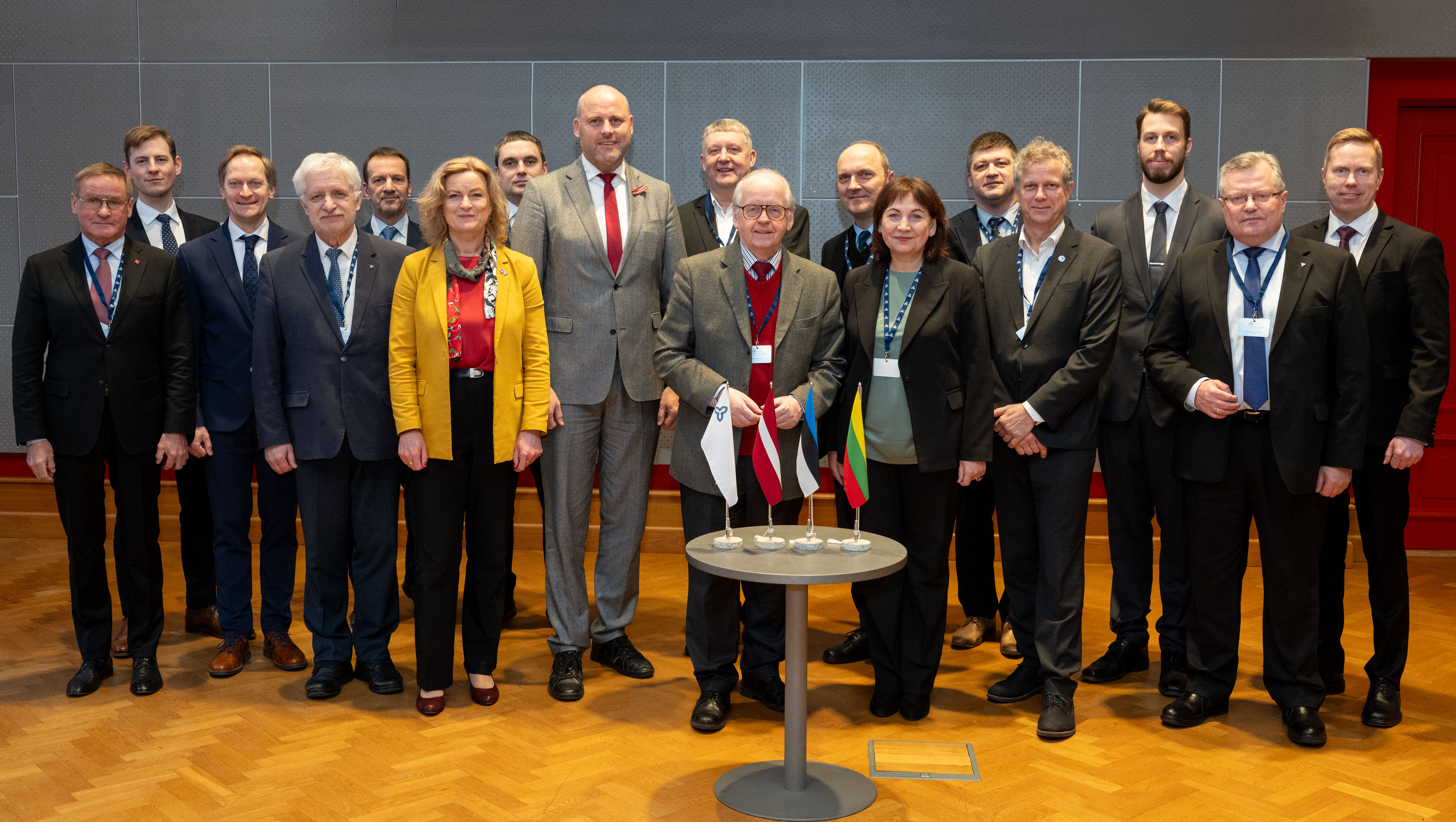
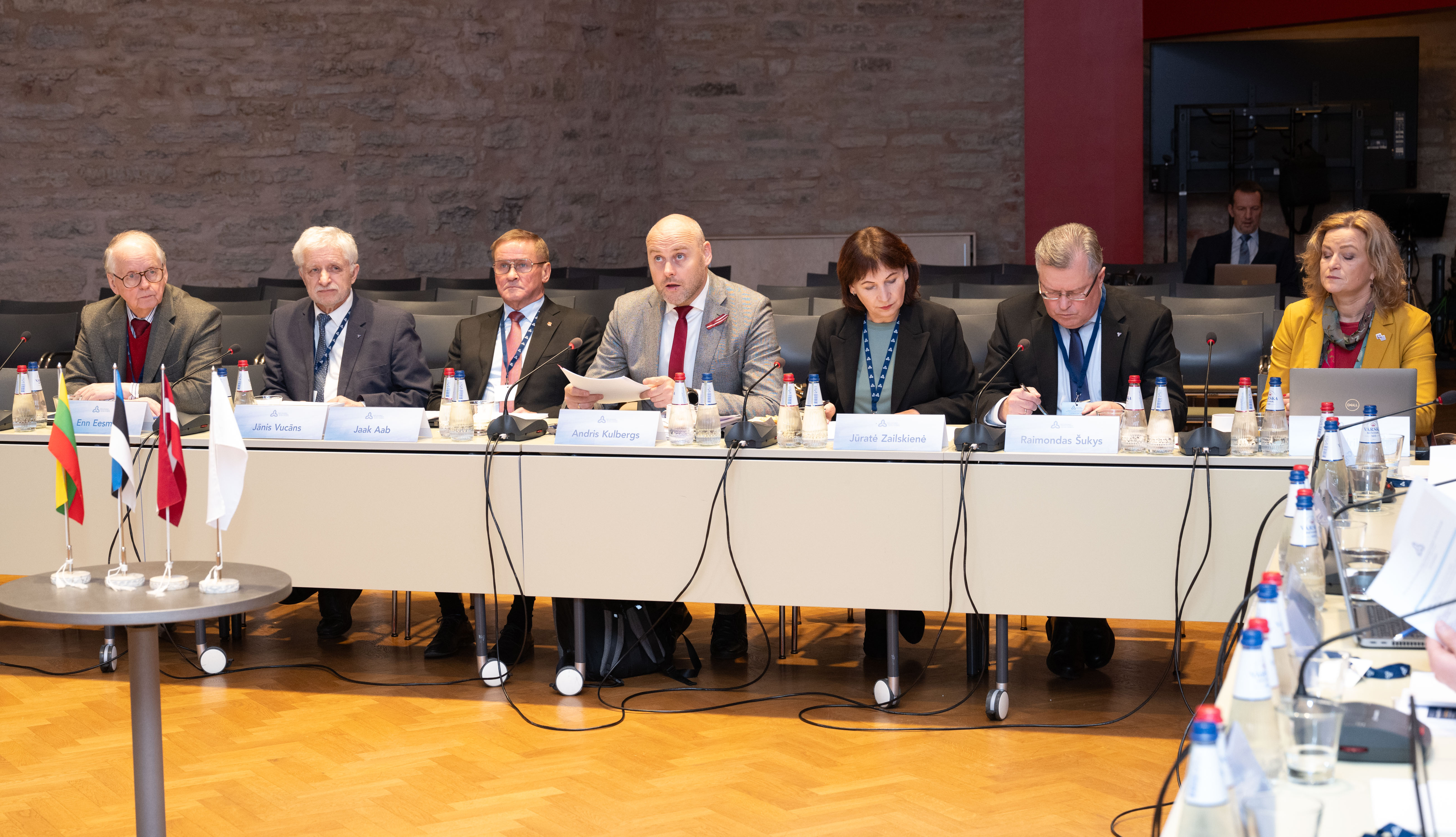
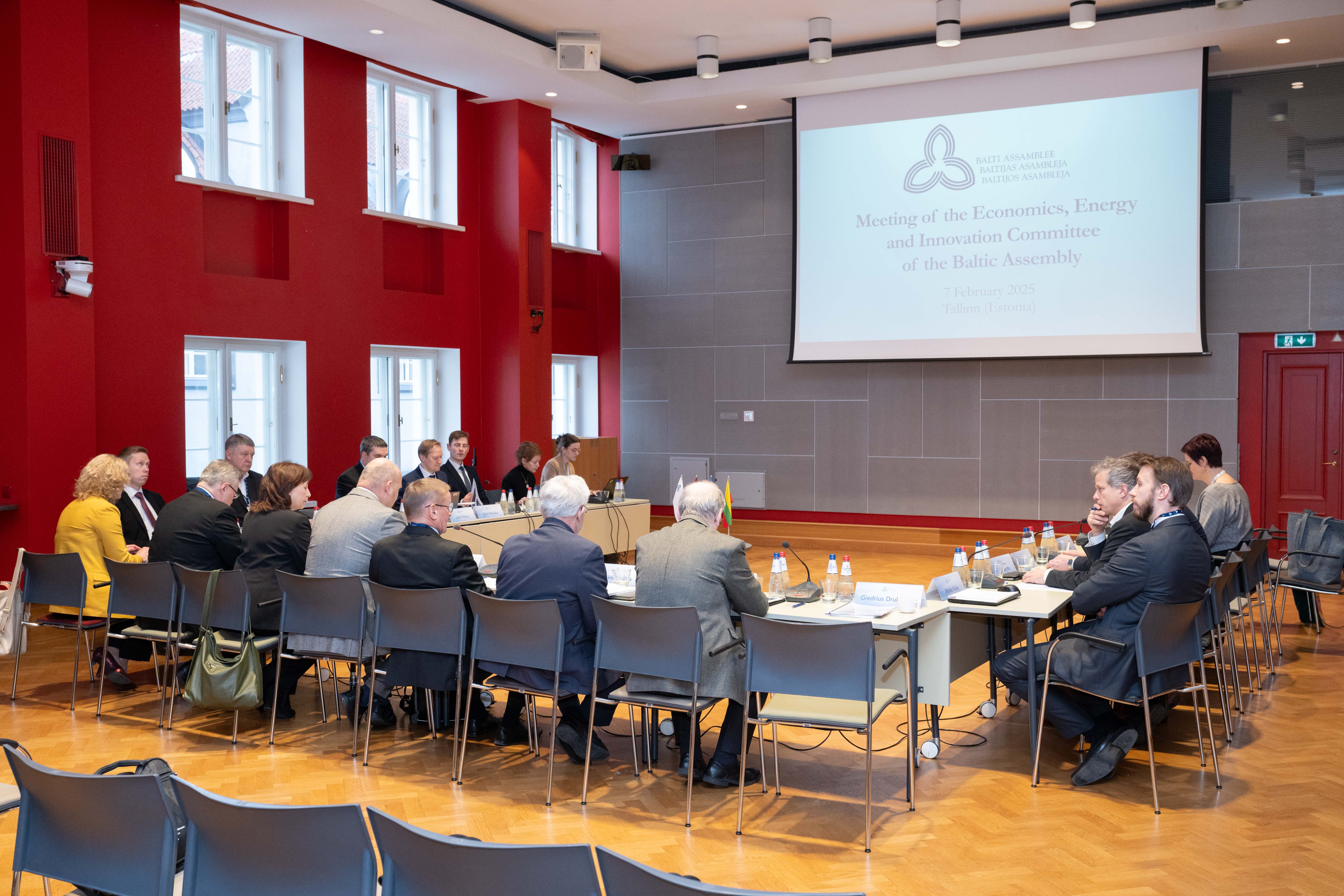
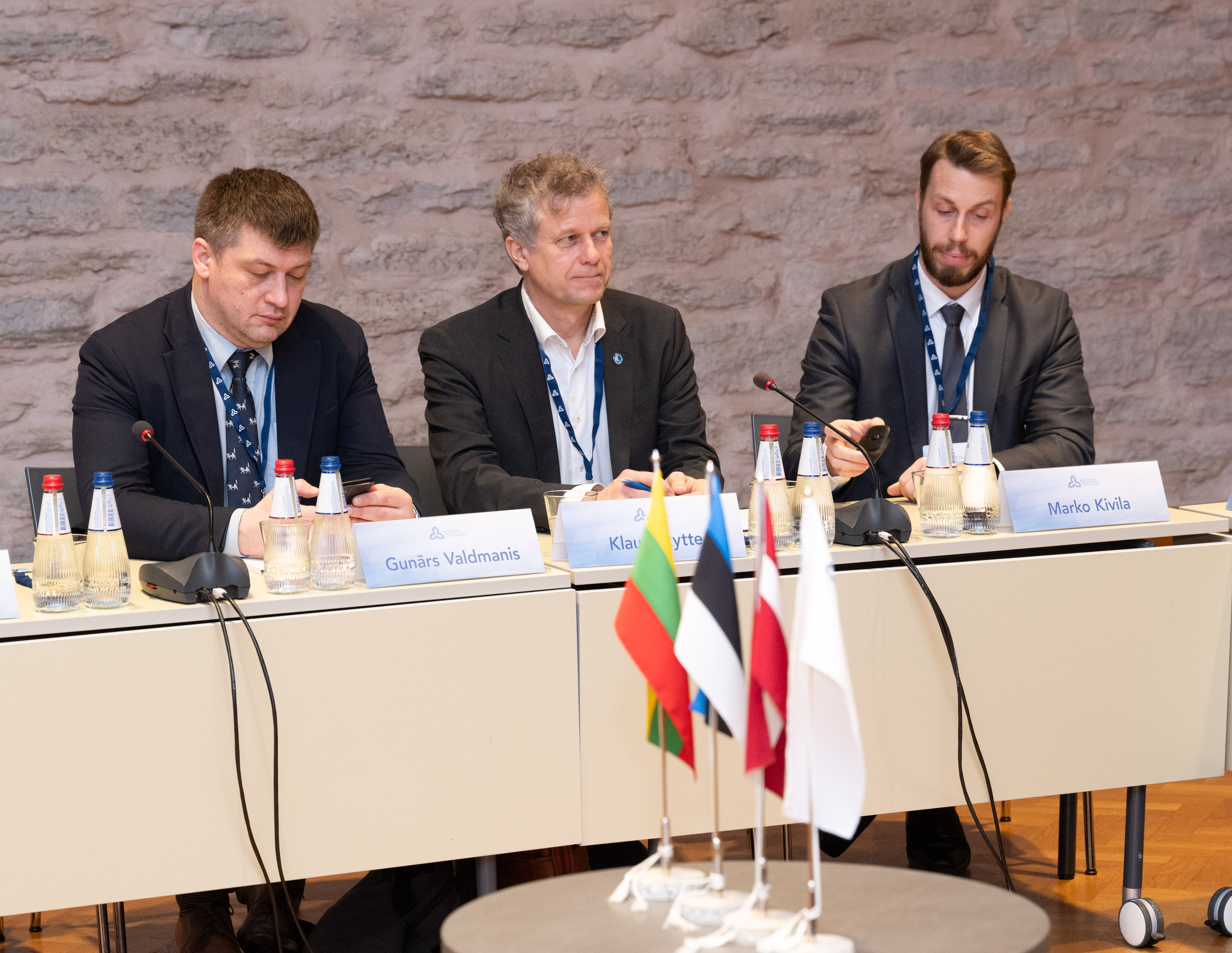
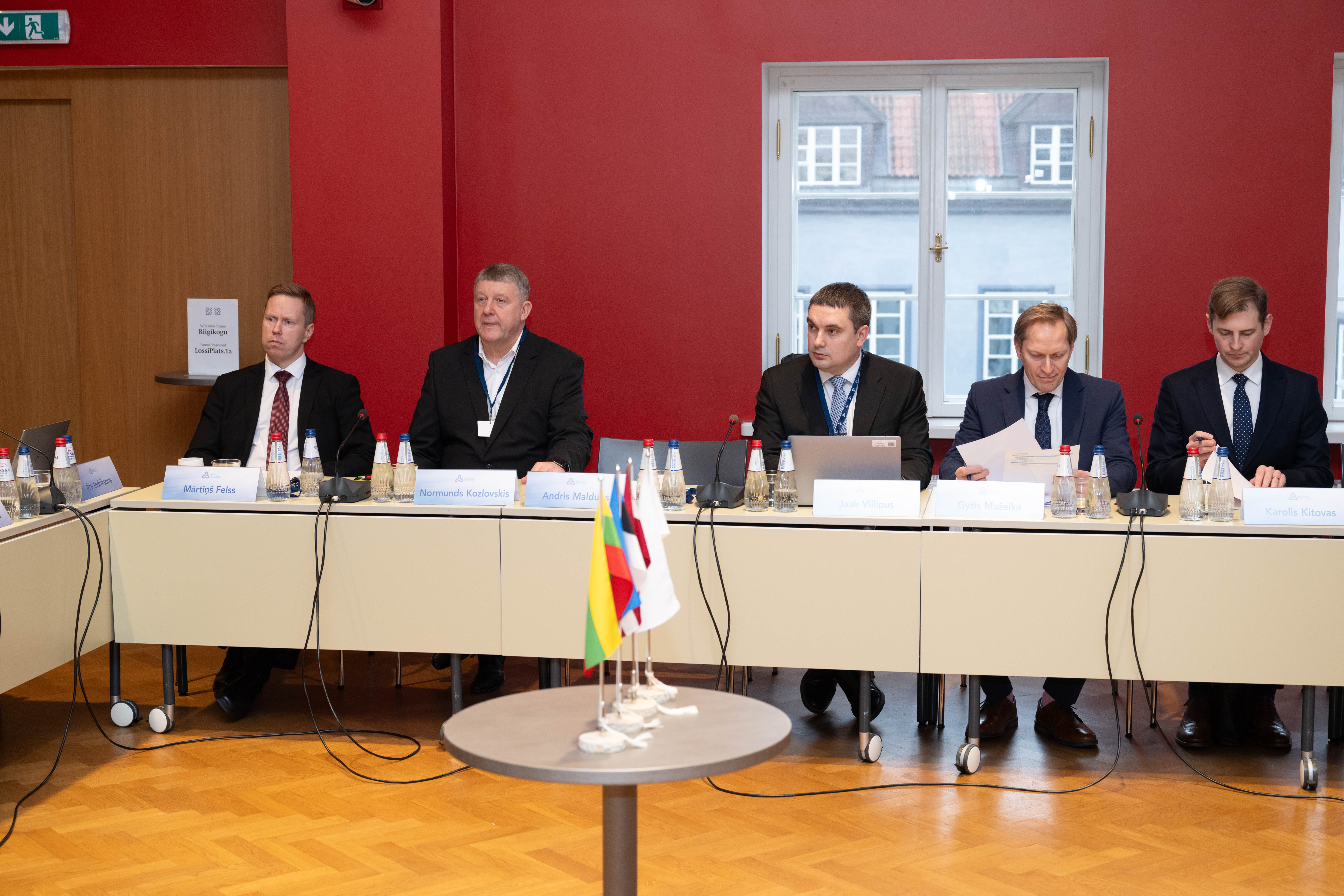
 Print
Print 








